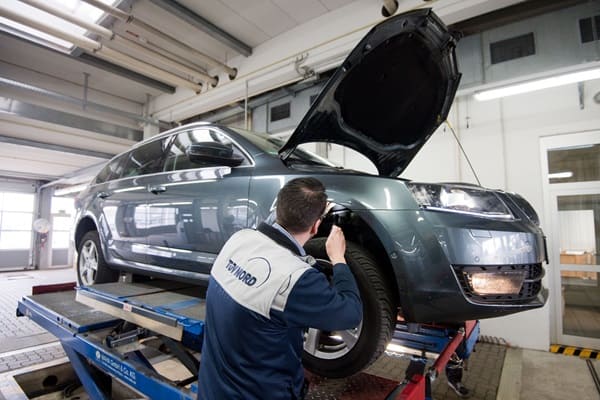Football
Ealing: First baby beavers born in urban London for 400 years
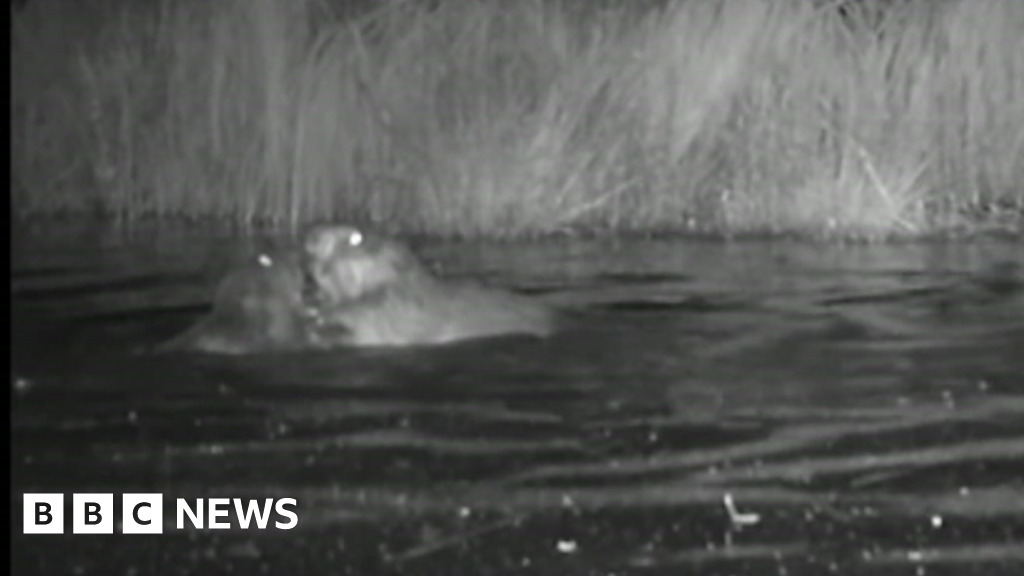
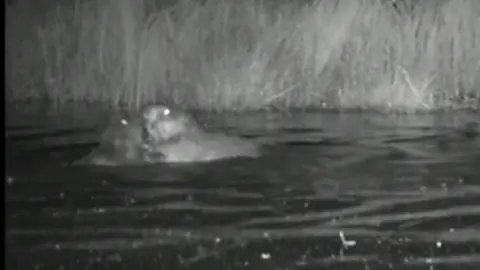 Ealing Beaver Project
Ealing Beaver ProjectBaby beavers have been born in urban London for the first time in more than 400 years, a conservation project said.
The family of Eurasian beavers were introduced to a nature reserve in Ealing, west London, in October as part of a project that aims to get the public to engage with nature, to study biodiversity improvements and to monitor flood mitigation effects.
Project leaders said the fact that at least two babies, or kits as they are called, had been born on the Paradise Fields site in Greenford showed the beavers were “happy” with the habitat.
Dr Sean McCormack, one of the volunteers behind the project, said he and the other volunteers were “totally over the moon, thrilled, excited”.
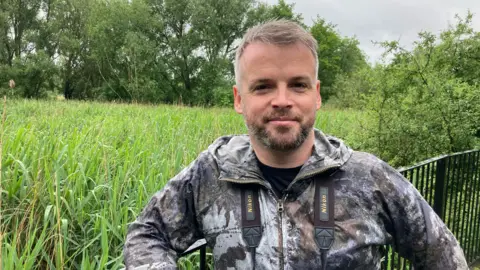
He said it proved beavers and Londoners could live side by side.
“There’s easy fixes to living alongside beavers, we are just afraid of the unknown, we are afraid of change. We haven’t lived alongside beavers for 400 years,” he said.
“In urban London we are talking about these kits, the first beavers born in urban London for over 400 years. But arguably are these the first kits ever born in urban London?”
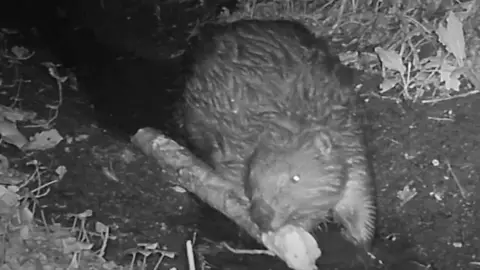 Ealing Beaver Project
Ealing Beaver ProjectDr McCormack said he had “a suspicion” that there could be babies at the reserve and when he reviewed footage, he discovered the beavers’ offspring.
“It was a real thrill to look at the camera footage and suddenly see this tiny miniature beaver, very very cute, playing with mum on 30 June,” he said.
“We have kept it a little bit quiet to settle in and everything. We believe there’s two, there could me more but we have seen two together.
“It’s testament to the project’s success that the beavers are happy enough to breed and continue raise a family here.”
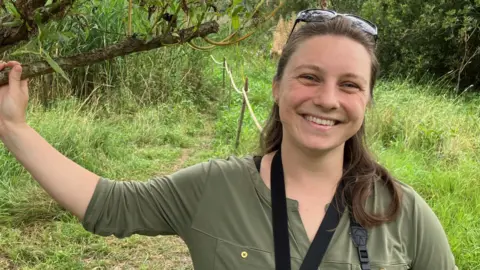
Nadya Mirochnitchenko, the ecologist for Ealing Beaver Project, said they wanted to educate people about beavers and “about how we can live with beavers in harmony”.
“And this is just a positive message,” she said.
“This is an urban site, where people have access to it and the beavers can also thrive as well.”
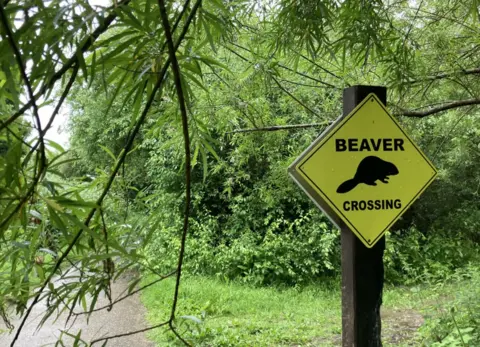
The site is right next to a retail park and a fast food drive-through. It is surrounded on all sides by roads and buildings. But in this small, green oasis the beavers have made their home.
There are six dams and two lodges. The dams hold back the water and have created larger lagoons. Part of the project was to assess if beavers can help with flood mitigation.
Volunteers from the Ealing Beaver Project showed us around the site. It is very clear that the beavers have been busy. Trees have been gnawed and felled and the water levels are much higher than when we visited previously. Six dams and two lodges have been created by the beavers.
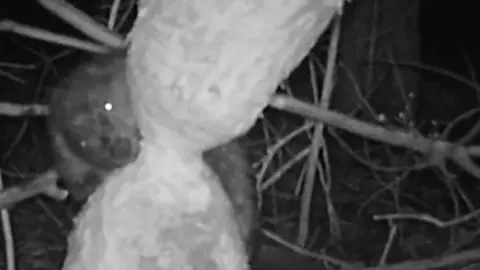 Ealing Beaver Project
Ealing Beaver ProjectEurope has been introducing beavers for decades, and the Ealing project hopes other UK cities and towns will follow suit.
“We may need to learn to live alongside them again, and sometimes manage their behaviour, but the ecosystem services they provide have been clearly demonstrated here already at the Ealing Beaver Project,” said Dr McCormack.
“Improved water quality, reduced flooding, more insects and other wildlife on site, habitat improvements. And now at least two cute baby beavers to boot.”




